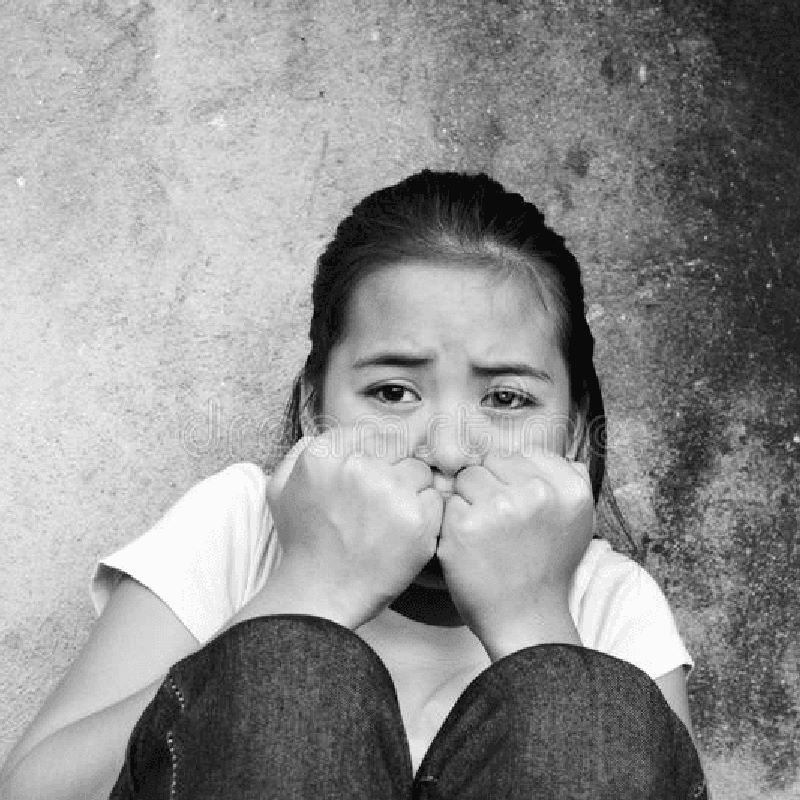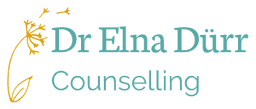Tame your trauma one step at a time
There are wounds that never show on the body that are deeper and more hurtful than anything that bleeds.
Laurell K. Hamilton

These days, trauma has become an almost “normal” occurrence as we’re constantly confronted with some form of suffering such as domestic and gender-based violence, armed robbery, murder, sexual assault, child abuse and neglect, motor vehicle hijacking and accidents, natural disasters, divorce, and severe illness. We’ve all lived through or know someone who lived through a traumatic event and has to live with its consequences. When we lose someone or something due to the trauma, the impact can feel unbearable and leave us feeling lost and overwhelmed.
The recovery process after a traumatic event often takes time. For most, it can take weeks, months or even years before you feel like yourself again. The psyche also takes time to heal like a physical wound that hurts and bleeds at first, then forms a scab, and eventually heals with a scar. The recovery period differs from person to person, and no one needs to feel guilty for the amount of time it takes to “get over it”.
Initially, your stress and anxiety levels might increase severely, you might be irritated, you might feel hopeless and overwhelmed, struggle to switch off or sleep, sometimes have nightmares, or you’ll avoid similar situations. Once you feel safer in your own skin, the psychic wound starts to heal, and the number of times you think about the trauma will decrease.
When months pass after the trauma in which no recovery is experienced, or the anxiety levels don’t stabilise, you may be at risk of developing Post Traumatic Stress Disorder (PTSD). Some people still struggle with flashbacks, recurring negative thoughts, dreams and nightmares or avoid where the trauma occurred years after the event.
If you experience any of the following after a traumatic event, you should seek professional help:
· Flashbacks
· Bad dreams and nightmares
· Severe anxiety
· Aggression
· Depression
· Avoidance of places or people reminding you of the trauma
· Emotional desensitisation
· Alcohol or drug abuse
· Difficulty and irritability in relationships
As a trauma counsellor, my goal is to assist you on your journey through the different phases of trauma as you navigate from surviving to thriving. My trauma experience includes:
· Childhood abuse and neglect
· Sexual assault
· Domestic violence
· Divorce
My aim is to help adults, teenagers, families, and couples relive the impact phase, reaction (fight, flight or freeze) phase, avoidance phase and ultimately to gradually move into the integration phase, where you could find your inner peace and the meaning of the trauma.
Allow me to be your safety net on your healing journey to a prosperous life. If we clean and cleanse the past’s wounds with care and knowledge, it will heal ─ both physically and mentally.
